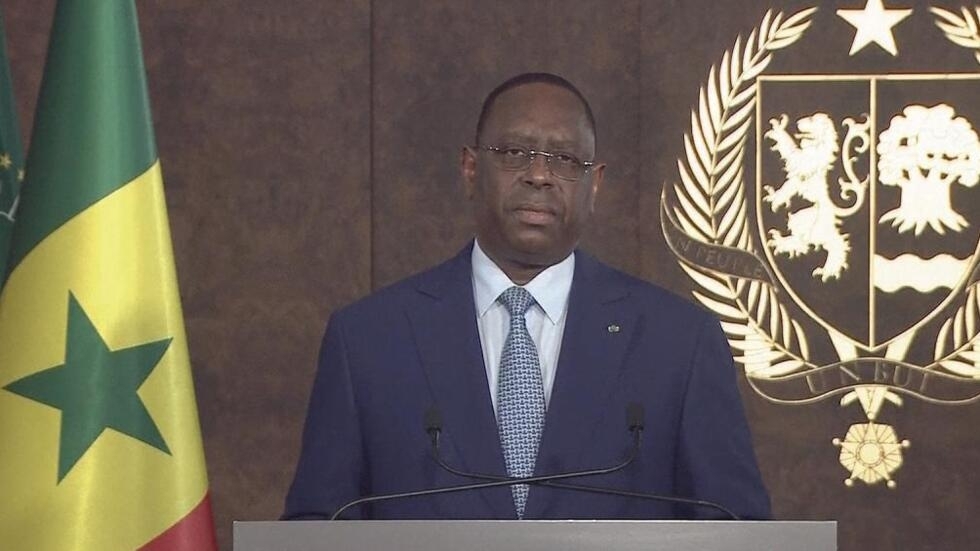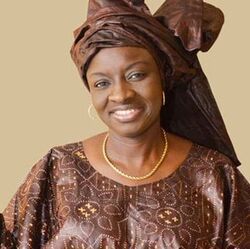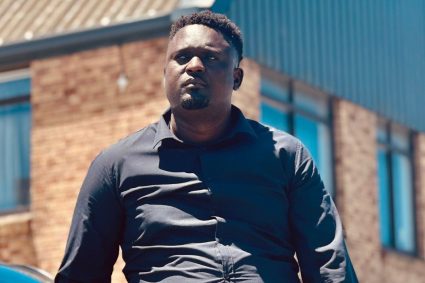
Senegalese president Macky Sally has broken the African tradition.
Instead of sticking with African politics tradition of hanging in power, President Macky Sally has surprised many in Senegale and across the world.
When he announced that he won’t be part of Senegal’s 2024 presidential candidates.
His supporters were supporting him to run for the third term, sighting that it’s his second term as the other term was not part of the 2016 constitution.
President Sally Macky followed the footsteps of the late President of Burundi, Pierre Nkurunziza who supported the change of the presidential terms and didn’t run afterwards.
Some of President Sally’s supporters described him as a man of democracy who has gained respect not only in Senegal but also international.
While in an interview with AJ news, former Prime Minister of Senegal madam Aminata Toure, praised the youths who took it to the streets to protests the third term of President Sally. She said they defended the meaning of democracy.
As president Macky’s speculations of running again fuelled unrest several times since 2021.
In a televised broadcast, President Macky confirmed the news to the public.
“The 2019 term was my second and last term, my decision, carefully considered – is not to run as a candidate in the upcoming election – Senegal is more than me and is full of capable leaders for the country’s development,” said President Macky.
President Macky Sally entered the presidential office of Senegal in 2012 under the Alliance of Republic party. He is also a former chairperson of AU from 2022 till 2023.
Afro barometer (2015) survey about 75% of citizens in 34 African countries, are in favour of limiting presidential mandates to two terms. Of the 21 African countries that have maintained term limits, the executive officeholders have been in power for 4 years on average. However, the average time in power for the African leaders who have evaded term limits, in contrast, is 22 years.
From April 2000 to July 2018, limits were changed 47 times in 28 countries, with at least six failed attempted changes. In 23 cases, spread over 19 countries, the changes strengthened term limits by introducing or imposing stricter temporal boundaries on presidential mandates, but in 24 instances in 18 countries, the temporal restrictions on holding presidential office were removed or loosened.
The changes in term limits have been executed in four different ways which include, the first set of amendments extended the length of presidential terms of office: from five to seven years as the case in the following countries Guinea (2001), the Democratic Republic of Congo (2002), Rwanda (2003) and Burundi (2018); and from five to six years in Chad (2018). Presidential terms were also extended in instances of intra-state conflict and capacity problems when elections were postponed in South Sudan (2015 and 2018) and DRC (2016). Secondly, changes increased the number of terms a person may hold presidential office, from two to three terms in the Democratic Republic of Congo (2015).
Thirdly, changes were made to reset the clock for the incumbent president, as we witnessed in Zimbabwe (2013), the Democratic Republic of Congo (2015), and Rwanda (2015), where the incumbents had reached their absolute term limits but could argue that a new or revised constitution enabled them to start with fresh mandates unrestricted by previous constitutional limits. Fourthly, term limits were removed altogether in Guinea (2001), Togo (2002), Tunisia (2002), Gabon (2003), Chad (2005), Uganda (2005), Algeria (2008), Cameroon (2008), Niger (2009) and Djibouti (2010). (Source OASIS Lerato Mohlanyane)




